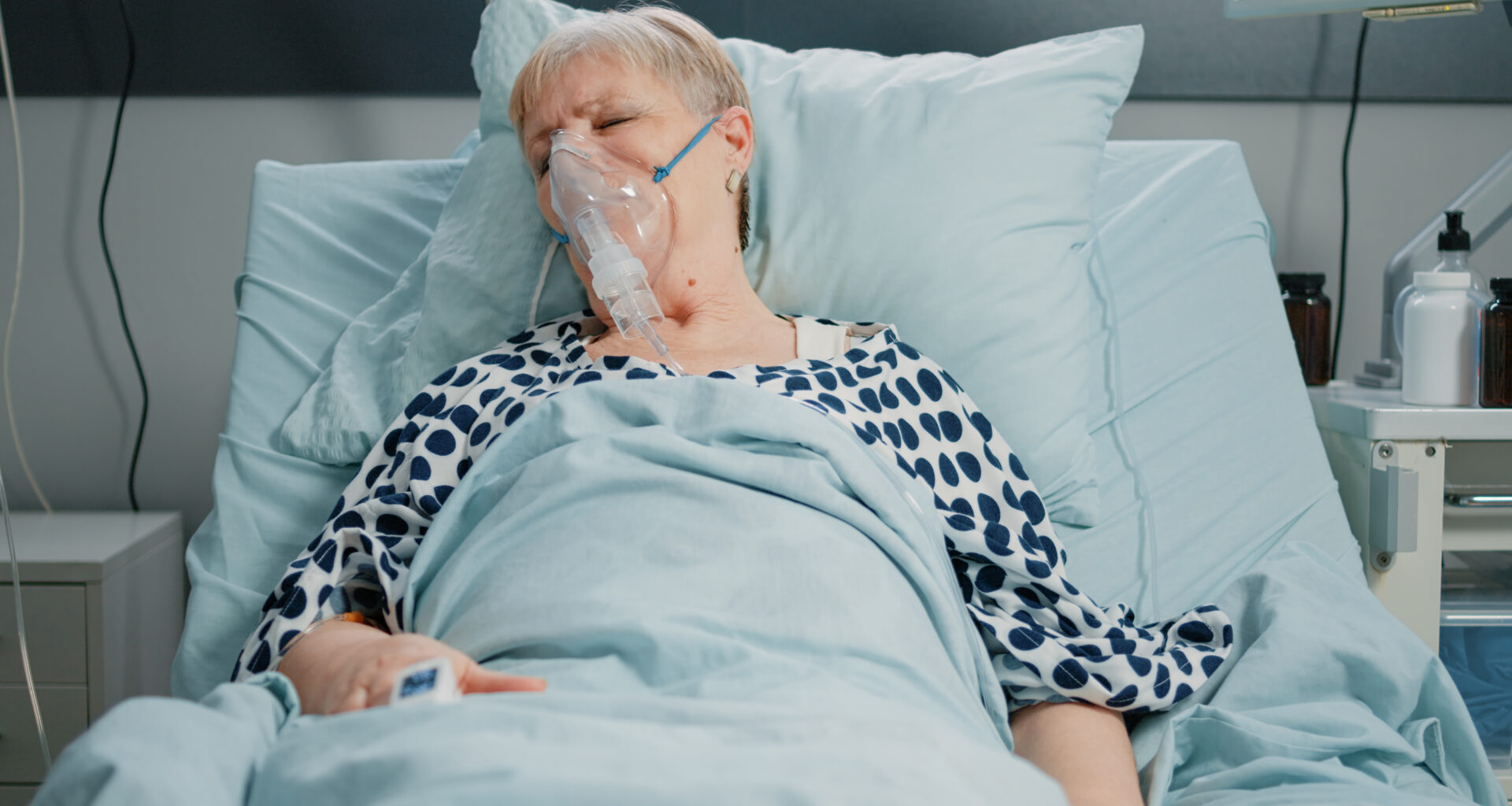the health strategist
institute, portal & consulting
for workforce health & economic prosperity
Joaquim Cardoso MSc.
Servant Leader, Chief Research & Strategy Officer (CRSO),
Editor in Chief and Senior Advisor
January 8, 2024
Originally published by KFF Health News on January 5, 2024.

A new analysis attributes the excess deaths in six countries to the anti-malarial drug, with 12,000 of those deaths in the U.S. At that time in the covid pandemic, then-President Donald Trump said of the unproven treatment: “What do you have to lose? Take it.”
Politico: Hydroxychloroquine Could Have Caused 17,000 Deaths During COVID, Study FindsNearly 17,000 people may have died after taking hydroxycholoroquine during the first wave of COVID, according to a study by French researchers. The anti-malaria drug was prescribed to some patients hospitalized with COVID-19 during the first wave of the pandemic, “despite the absence of evidence documenting its clinical benefits,” the researchers point out in their paper, published in the February issue of Biomedicine & Pharmacotherapy. Now, researchers have estimated that some 16,990 people in six countries — France, Belgium, Italy, Spain, Turkey and the U.S. — may have died as a result. (Eccles, 1/24)
The Messenger: Trump-Backed Drug Linked To Thousands Of COVID Deaths: Study Among the nearly 17,000 excess deaths linked to the drug, more than 12,000 occurred in the U.S. alone. … “What do you have to lose? Take it,” President Trump said during a White House briefing in 2020. “I really think they should take it. But it’s their choice. And it’s their doctor’s choice or the doctors in the hospital. But hydroxychloroquine. Try it, if you’d like.” (Shaheen, 1/4)
On long covid and Paxlovid —
CIDRAP: Study Describes Clinical Features That May Lead To Long COVIDToday a study published in Nature Communications describes features of the acute phase of COVID-19 infection seen in patients who later developed long COVID, and a second study in the same journal suggests that long-COVID fatigue is linked to changes to the mitochondria in muscle cells. (Soucheray, 1/4)
San Francisco Chronicle: Paxlovid Doesn’t Reduce Risk Of Long COVID, UCSF Study FindsThe COVID-19 treatment Paxlovid does not reduce the risk of long COVID for vaccinated people who’ve tested positive for the virus for the first time, according to a new study by UCSF researchers. The study, published Thursday in the Journal of Medical Virology, also found that a higher share than previously reported experienced rebound symptoms and tested positive for COVID after taking the antiviral medication. (Flores, 1/4)
The New York Times: Paxlovid Cuts Covid Death Risk. But Those Who Need It Are Not Taking ItAs Covid rises again, killing about 1,500 Americans each week, medical researchers are trying to understand why so few people are taking Paxlovid, a medicine that is stunningly effective in preventing severe illness and death from the disease. A study of a million high-risk people with Covid found that only about 15 percent who were eligible for the drug took it. If instead half of the eligible patients in the United States had gotten Paxlovid during the time period of the research, 48,000 deaths could have been prevented, the authors of the study, conducted by the National Institutes of Health, concluded. (Jewett, 1/4)
More covid news —
NPR: COVID And Flu Cases Are Rising Across The U.S. In most U.S. states, respiratory illness levels are currently considered “high” or “very high,” according to data from the Centers for Disease Control and Prevention. A few respiratory viruses have been driving the upward trend. (Huang, 1/5)
USA Today: COVID-19 Cases Are Rising Again. Here’s How To Check If Your At-Home Tests Are ExpiredWith cases of COVID-19 on the rise again this winter thanks in part to the new JN.1 variant of the virus, now is probably a good time to take stock of the tests you may have at home. (DeLetter, 1/4)
Chicago Tribune: Chicago COVID-19 Risk Rises To ‘Medium’ As Hospital Admissions IncreaseChicago’s COVID-19 risk level has risen from “low” to “medium” for the first time since last January. The heightened warning, spurred by a jump in hospitalizations, shows the virus’s spread “is creeping up,” said Dr. Alex Sloboda, medical director of immunization and emergency preparedness programs with the Chicago Department of Public Health. (Sheridan, 1/4)
Reuters: COVID-19 Treatment Developer Humanigen Files For Chapter 11 BankruptcyDrug developer Humanigen has filed for voluntary Chapter 11 bankruptcy, according to a court filing, after struggling to get regulatory approval for its COVID-19 treatment. The Burlingame, California-based company, once controlled by convicted pharma executive Martin Shkreli, listed assets worth $521,000 and total debt of $44.1 million, as per the Jan.3 filing. (1/4)
On the spread of measles in Pennsylvania —
CBS News: Philadelphia Health Confirms At Least 4 Measles Cases, Warns About Addition Exposures At Day Care And HospitalsThe Philadelphia Department of Public Health reported additional measles exposures with at least four confirmed cases Thursday afternoon after warning the public of a possible measles exposure in late December. Three cases and an index case, which is the the earliest known or suspected case of infection in an outbreak, have been confirmed, according to a release from Philadelphia Health. (Newbill, Tallant, and Roberts, 1/4).
To read the original publication, click here.








